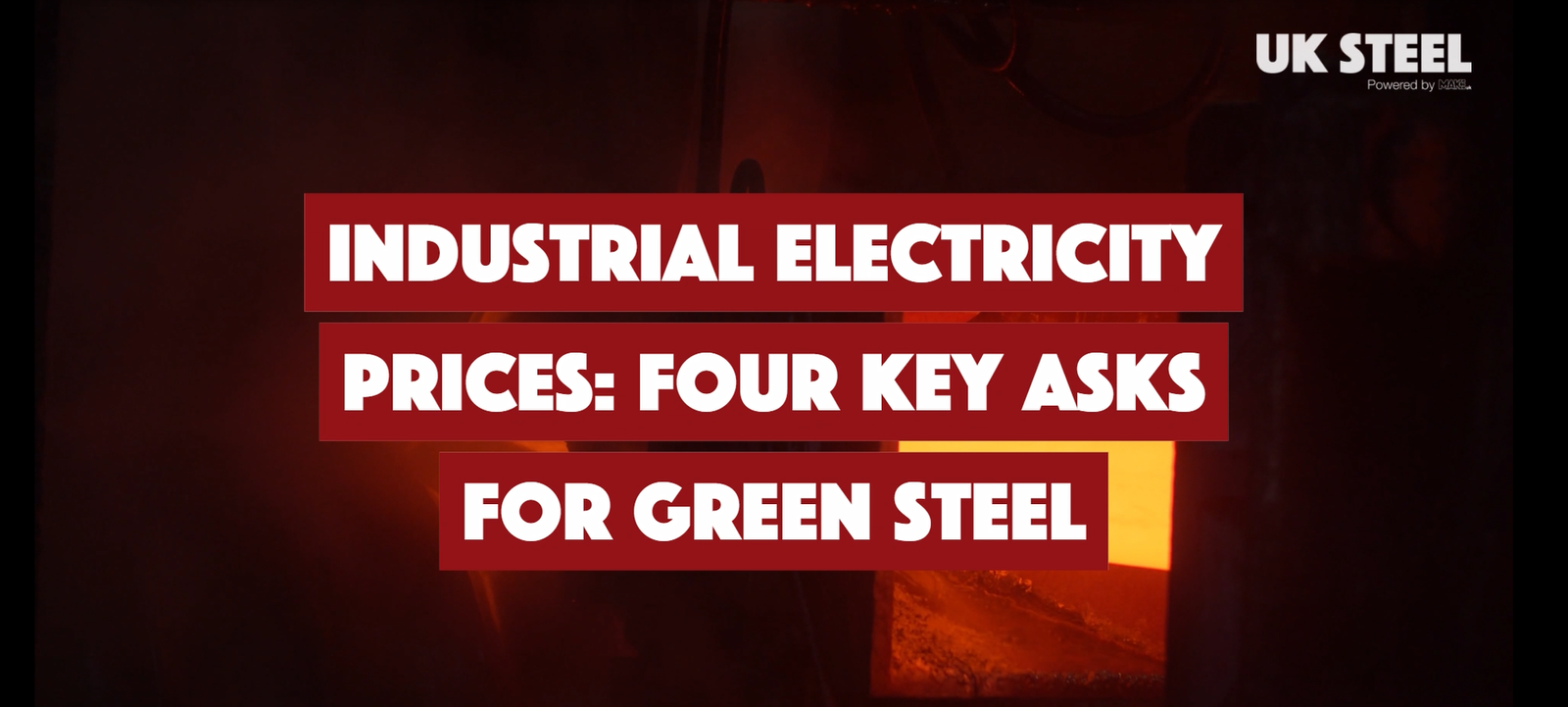Industrial Electricity Prices :
Electricity prices faced by UK steelmakers
UK Government should reduce electricity prices ahead of our electric steel future
After the two landmark declarations by UK steelmakers, Tata Steel and British Steel, that they will invest in electric arc furnace technology, competitive electricity prices become even more important. UK Steel welcomes the sector’s vision for new, modern steelmaking, but to maximise the value of these investments the industry will need affordable electricity supplies.
Steelmakers in the UK pay nearly two times as much as Germany and France’s industrial electricity prices. This is partly due to higher grid connection costs in the UK, which the Government could reduce further.
UK Steel makes four recommendations to cut prices
Implement the British Industry Supercharger package by April 2024
Compensate industry for 90% of its network charges, matching French/German support levels
Wholesale market reforms, which could include splitting the wholesale market
Track industrial energy price disparities between countries
Our steel sector aims to fully switch to electric furnace to reach Net Zero targets
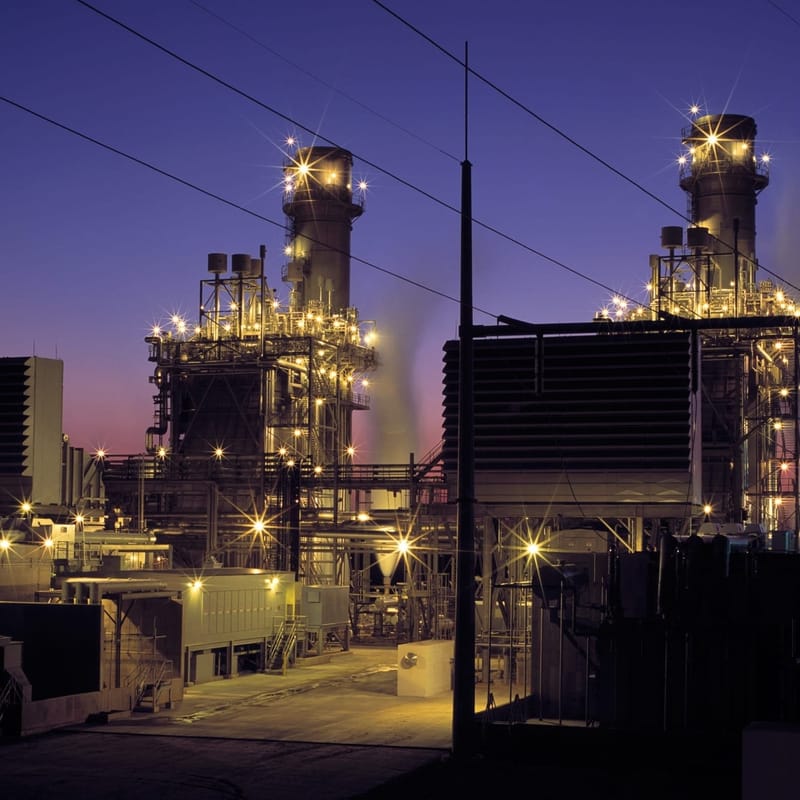
Why costs matter
Steel production and processing is a highly energy intensive process, with energy making up a substantial proportion of the cost of converting globally priced raw materials into finished steel products for consumers. Steel production’s energy-intensive nature leads to high electricity consumption, and these costs can represent up to 180% of steel producers’ Gross Value Added (GVA) in the UK. With a switch to electric arc furnaces, it is expected that the sector’s electricity consumption will roughly double.
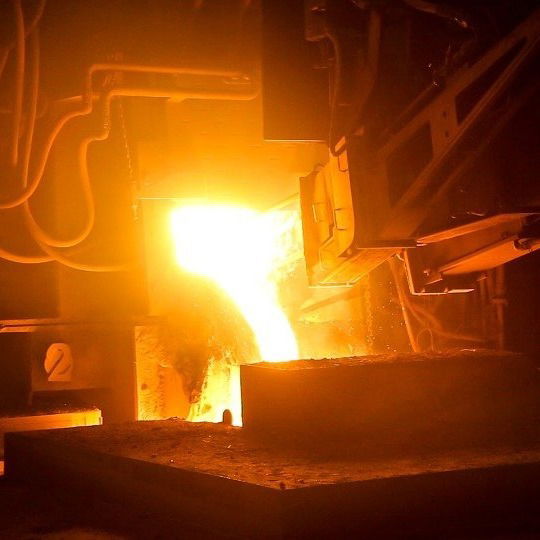
Paying almost two times as much
The average price faced by UK steelmakers for 2023/24 is £113/MWh compared to the German and French prices of £61/MWh. This indicates a price disparity of £52/MWh, meaning the industry will pay £117m more for their electricity than European competitors. Higher electricity prices depress profit margins and cause the UK to be viewed as a less attractive investment location. The power price disparities identified in this report translate into a total additional cost to UK steel producers compared to those in Germany of around £117 million per year, an estimated 82% of the sector EBITDA.

The British Industry Supercharger will help
The Government’s British Industrial Supercharger will reduce electricity prices by £29/MWh, leaving a price disparity of £24/MWh. While Government should be applauded for implementing the Industry Supercharger package, it doesn’t match what other governments provide for their steel industry.
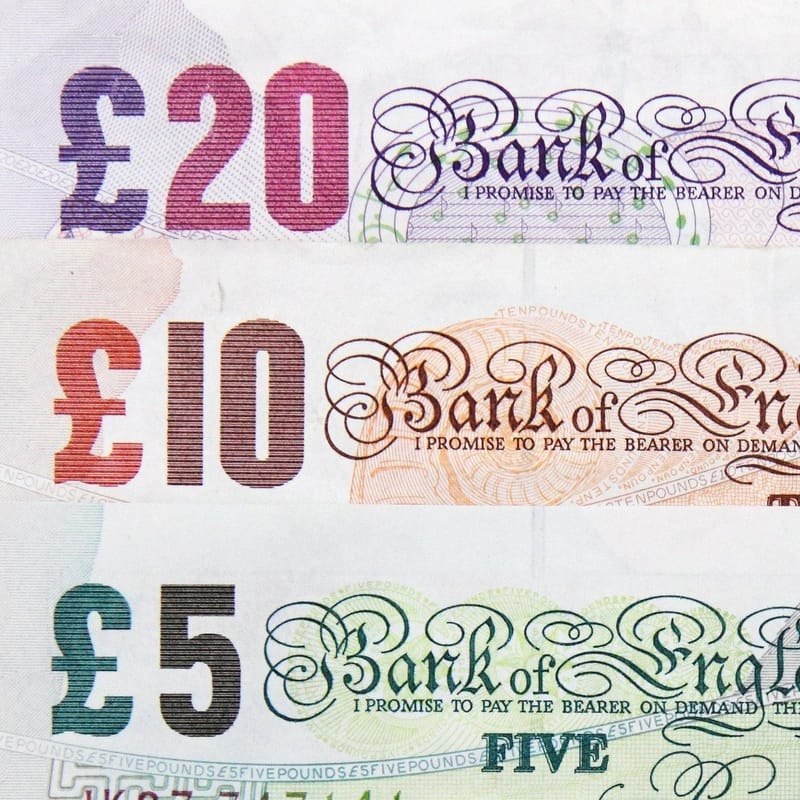
Network charges create a barrier
The Government will only 60% network charges compensation compared to the 90% offered by Germany and France, leaving industry facing network charges over ten times that of their European counterparts. The gap between German, French, and UK electricity prices is particularly driven by higher network charges in the UK, which have almost tripled after the implementation of two network charge reforms. The two reforms have left UK steel producers paying around 30 times higher network charges than their immediate competitors.

Electricity is vital to steel - now and in the future
The UK steel industry’s electricity use is equivalent to 800,000 homes. Countries are racing to decarbonise their steel sectors, with governments in the US, Canada, Germany, France, Sweden, Belgium, Spain, and Slovakia all providing co-financing of new investments in green production. With Tata Steel’s announcement, the UK Government entered the race. But the high price disparity compared to competitors means running a fully electrified steel sector in this country would lead to an additional £290 million in higher electricity costs
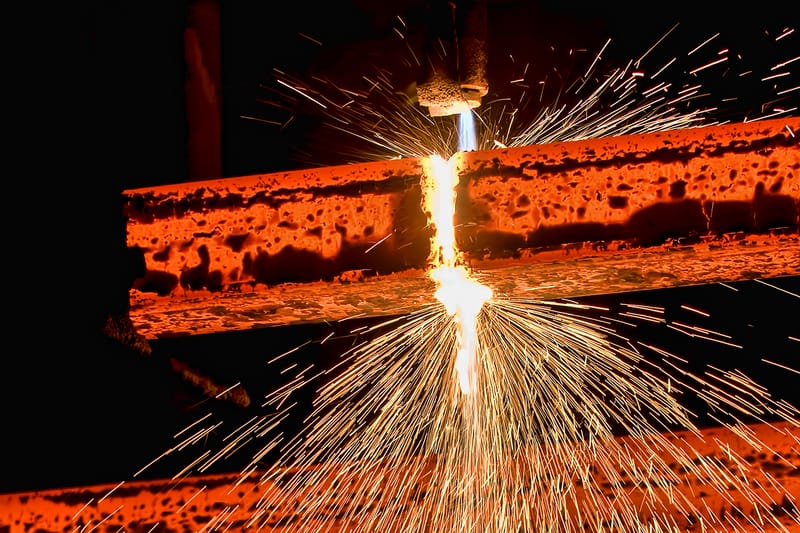
Future steel's needs
An electric arc furnace (EAF) uses roughly 0.5MWh of electricity per tonne of steel. Not only will the major investments in EAF, announced in the autumn, cut the total UK greenhouse gas emissions by a staggering 2.3%, they will also secure steelmaking in the UK after years of reduced production. This is why we need affordable electricity now and in the future.
